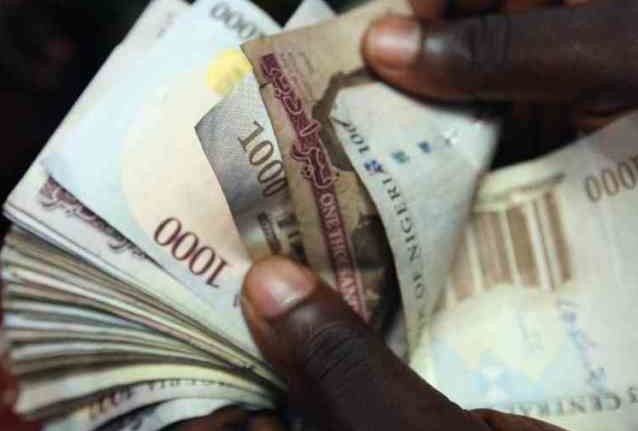Africa's biggest economy has tumbled into its first official recession since 1991, while the continent's second-biggest economy is suffering fresh damage from a disastrous feud at the top of its government.
The woes of Nigeria and South Africa, hobbled by weak commodity prices and economic mismanagement, have dampened the hopes that a rising Africa could become a substantial new market for global investors.Nigeria's economy plunged by 2.1 per cent in the second quarter of this year, compared with a year earlier, its statistics bureau announced on Wednesday. Its GDP had previously dropped by 0.4 per cent in the first quarter. The bigger decline in the second quarter was worse than analysts had expected.
South Africa, meanwhile, saw its currency slide on Wednesday as markets grew increasingly worried about a feud between Finance Minister Pravin Gordhan and senior allies of President Jacob Zuma. An elite police unit has issued a controversial threat to arrest Mr. Gordhan, who has blocked Mr. Zuma's control of big-spending state enterprises.
Some regions of the continent, especially East Africa and some parts of West Africa, are continuing to record impressive growth. But the slump in the powerhouse economies, including Nigeria and South Africa and other commodity-dependent nations such as Zambia and Angola, is weighing down the continent's overall growth.
Nigeria was hit by a 17.5-per-cent drop in its oil sector in the second quarter, compared to a year earlier, because of weak prices and lower production. Rebels have launched attacks on oil and gas facilities in the Niger River delta, cutting the country's oil production from about 2.2 million barrels a day to about 1.5 million barrels since the start of this year. Oil accounts for about 70 per cent of the government's income. But oil is far from the only problem in the Nigerian economy. Major structural problems have continued. By trying to maintain a currency peg for a year, the government of President Muhammadu Buhari has created artificial distortions and huge shortages of dollars in the economy, which in turn have crippled imports, including fuel and raw materials for the manufacturing sector.
The currency peg was finally abandoned in June, but the effects are lingering, pushing most sectors into decline. The government continues to restrict the import of 41 products in a failed effort to stimulate industry. And despite the abandoning of the currency peg, importers still find it difficult to gain access to dollars, except at black-market prices.
Meanwhile, inflation jumped to 17.1 per cent in July, the highest in more than a decade. Power shortages have further damaged the economy. And foreign investment has collapsed. Capital imports fell by a record 76 per cent in the second quarter, compared with a year earlier. It was the second consecutive quarter of a record drop in capital imports. In total, Nigeria attracted only $647-million (U.S.) in capital in the second quarter - the smallest amount it has ever recorded.
In South Africa, where the economy fell by 1.2 per cent in the first quarter, the country might narrowly avoid a technical recession when the latest numbers are announced next week. But its currency has slumped in recent days after a police unit demanded to meet Mr. Gordhan, the finance minister, to notify him of possible criminal charges. Most analysts see the charges as a trumped-up attempt to force his resignation and prevent him from blocking Mr. Zuma's access to vast budget sums at South Africa's state enterprises.
To make the situation worse, a fixed-income money manager announced on Wednesday that it will stop lending money to six of the biggest state enterprises because of concerns about the infighting and the threat to the independence of the finance ministry.
The money manager, Futuregrowth Asset Management, is the biggest specialist manager in Africa and its decision could signal that South Africa's credit rating will fall into the junk category by the end of this year.
(C) Reuters News











0 comments:
Post a Comment